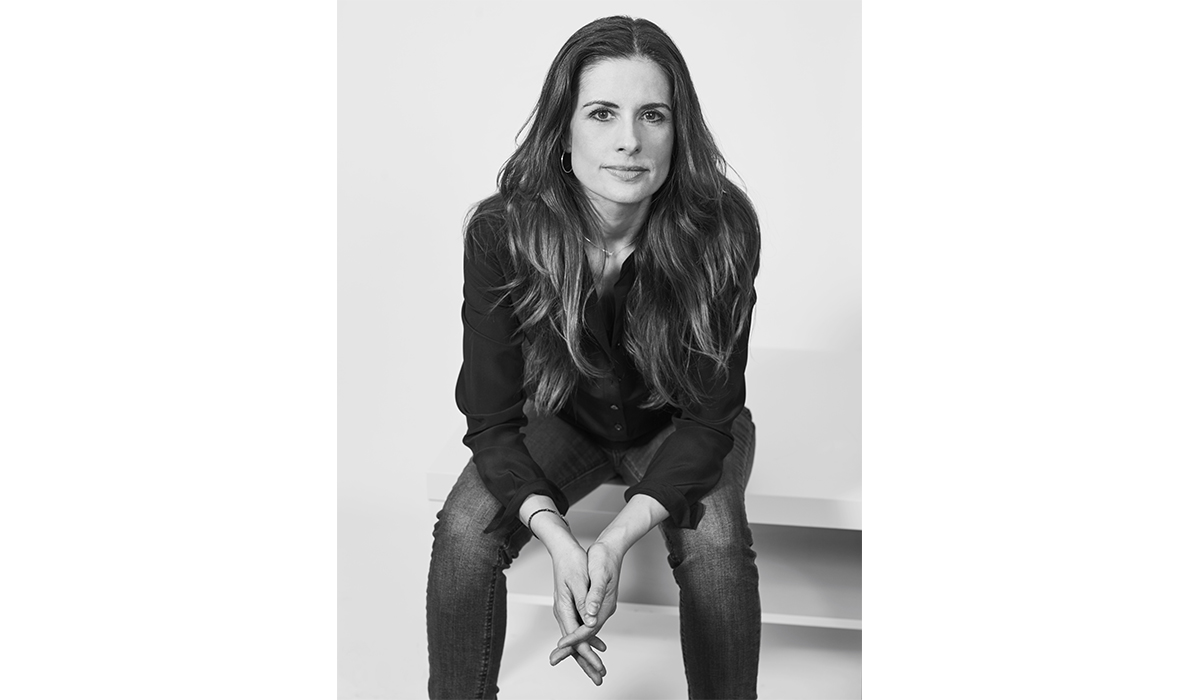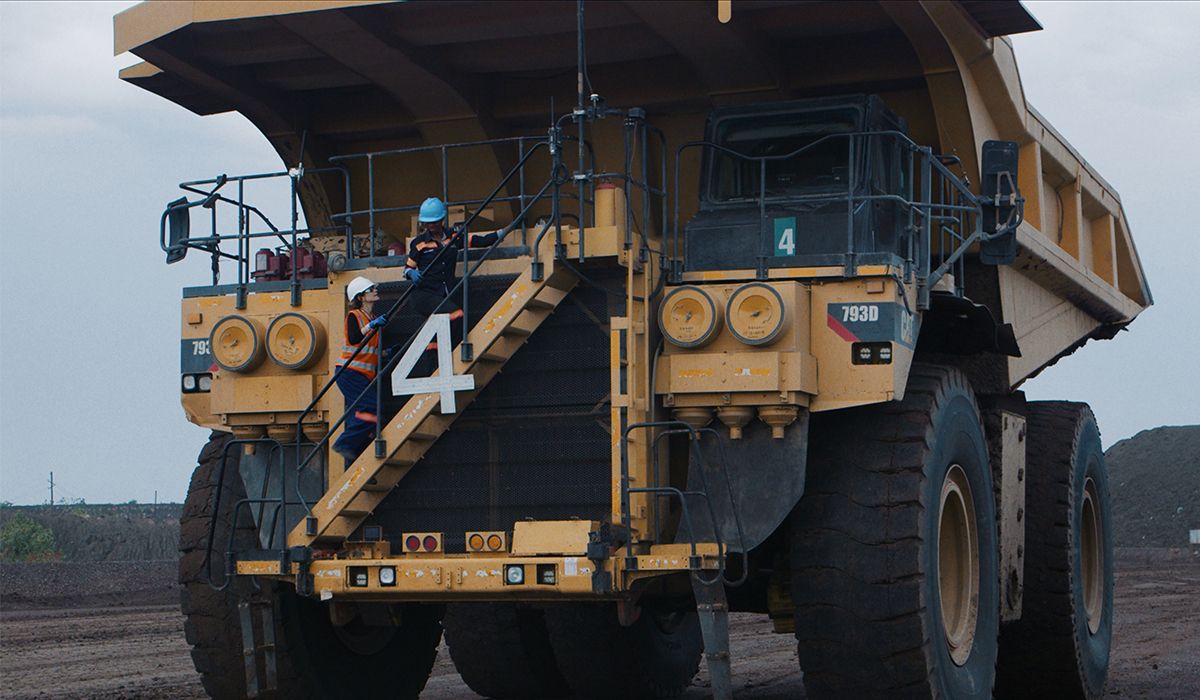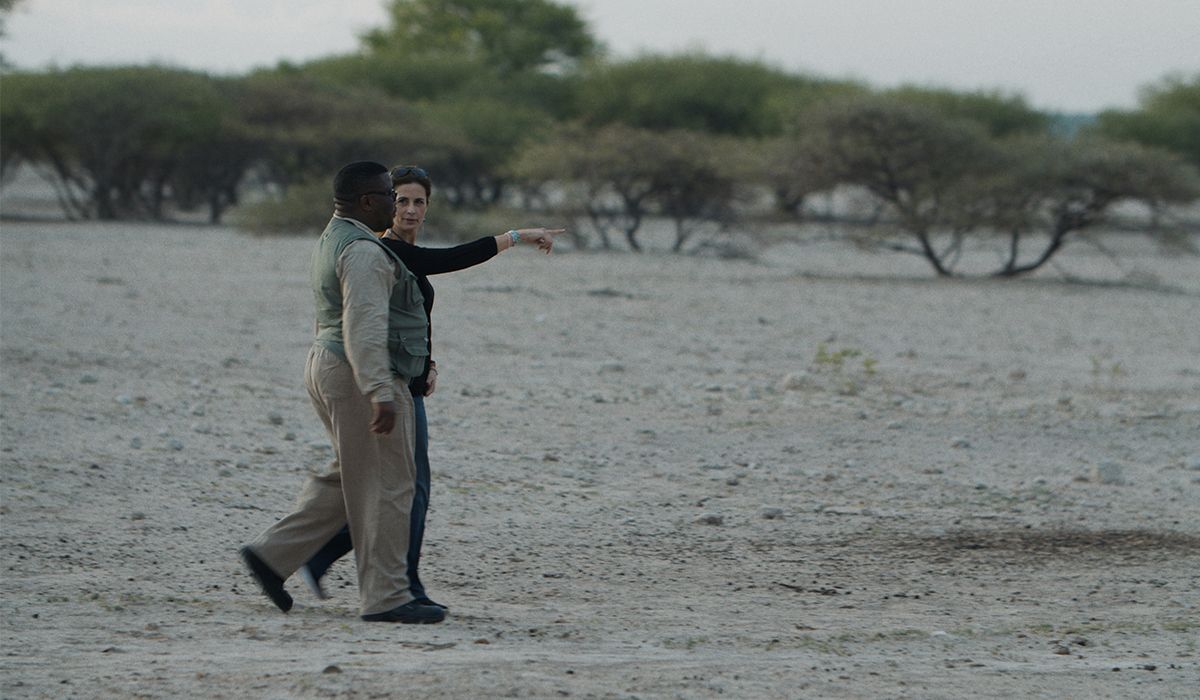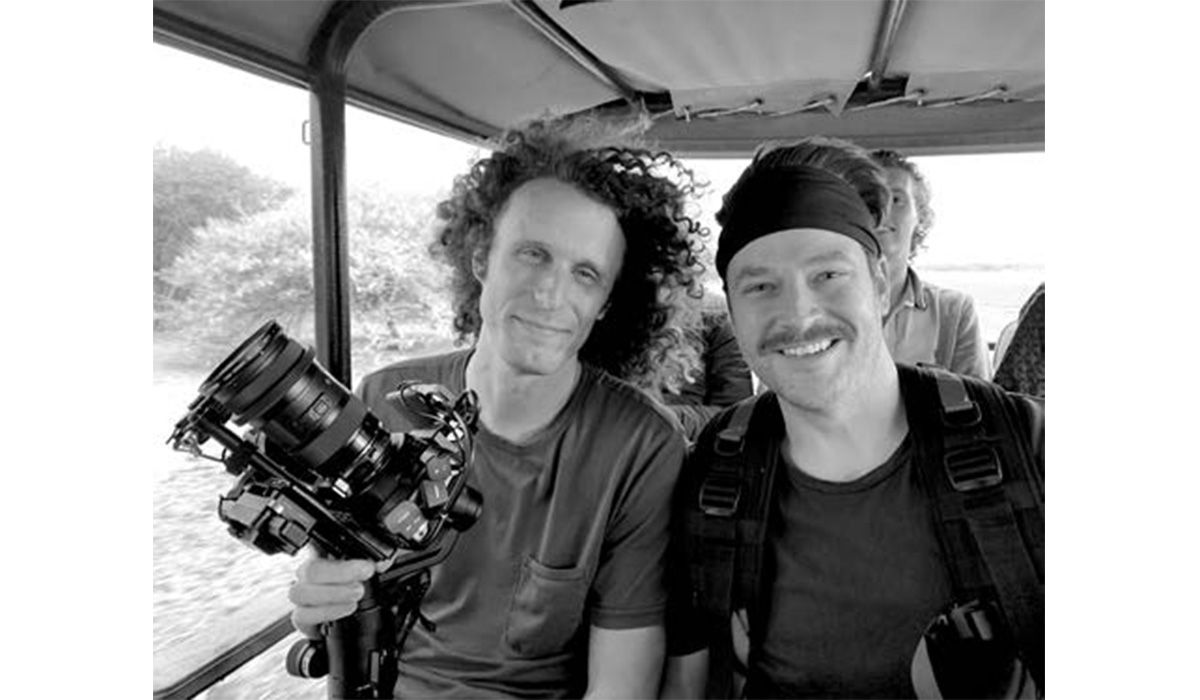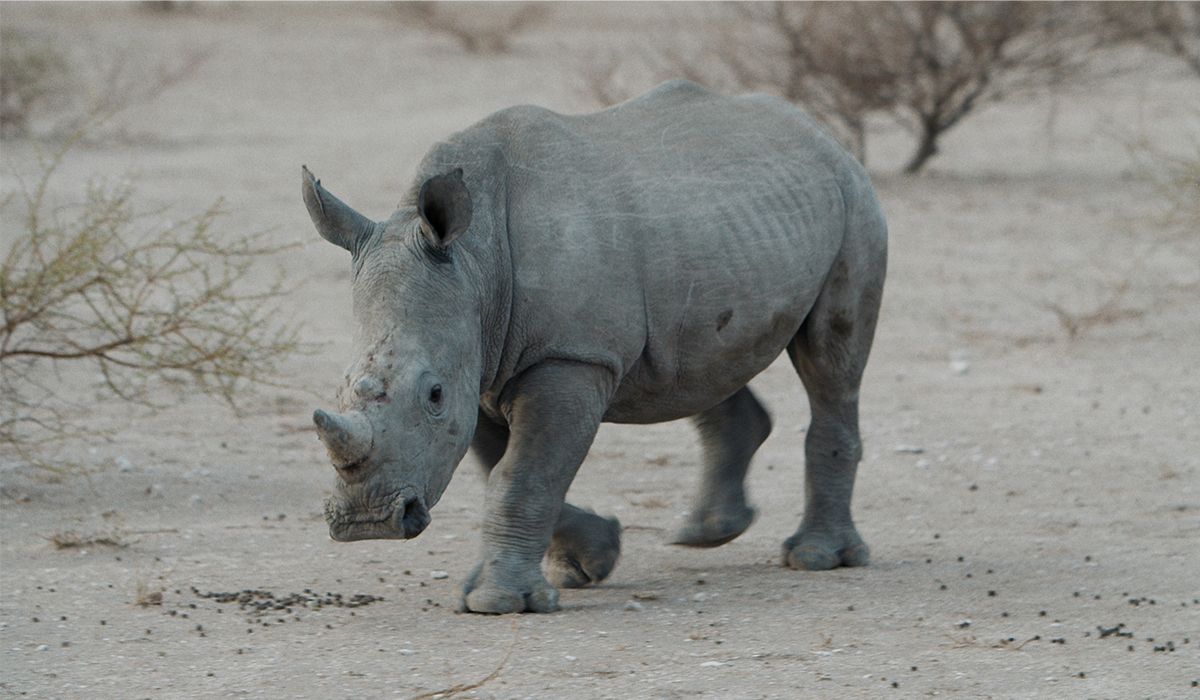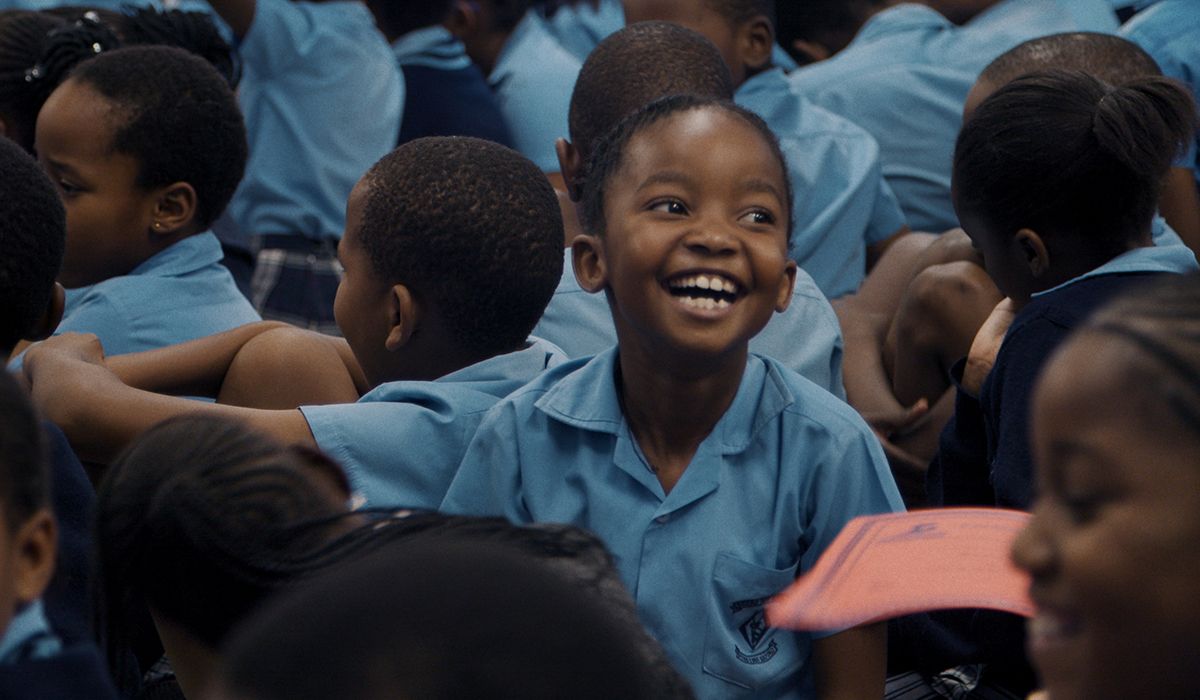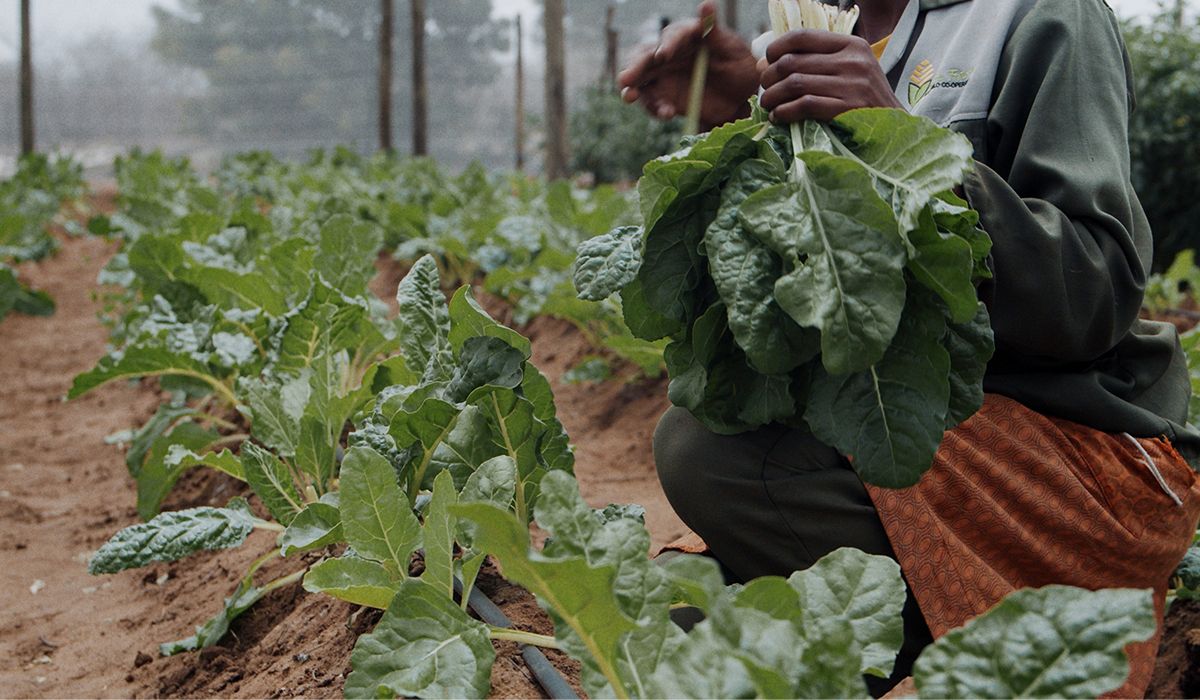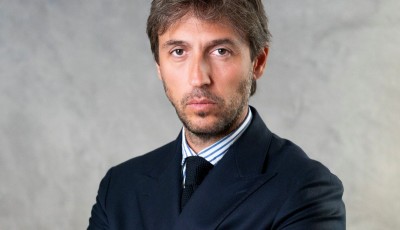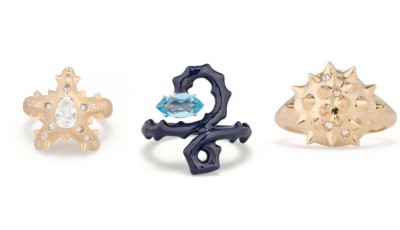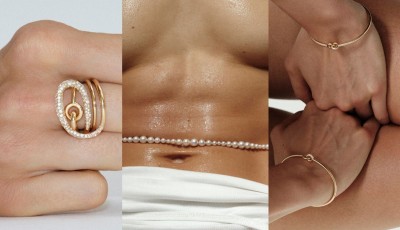Livia Firth: My Diamonds Of Botswana
Livia Firth, Co-Founder and Creative Director of Eco-Age, together with film director Andrew Morgan for the third documentary of Fashionscapes. A survey on the impact of diamond industry on the environment and local communities
In 2015, the documentary The True Cost was numbered by The Hollywood Reporter among the ten most influential docu-films of the past decade. On the one hand, behind the camera, young Andrew Morgan, who had put all his spirit of enquiry at the project’s disposal, to investigate the real human cost generated by fashion industry. On the other, among the promoters of the initiative, Livia Firth, already Co-Founder and Creative Director of Eco-Age. If five years ago the main question and leitmotif of the documentary was "Who pays the highest price for the clothes we’re wearing?", in this new documentary adventure, "Diamonds in Botswana" (third film in the Fashionscapes series, ed.), Andrew and Livia are exploring the historically controversial diamond industry, to understand the impact it generates on communities and the surrounding environment. «One of the most extraordinary things I have experienced in Botswana,» Andrew Morgan tells us, «was to note the long-term commitment undertaken by the companies operating on the spot, they actually invest and focus on the people and communities involved in mining activities. For a long time, mining has been synonymous with exploiting poorer countries. In Botswana, by contrast, the concept of working in diamond mines adds constantly greater value to the whole nation. This is essential wealth for the country, which does not remain tied to the diamond industry, but also contributes to its development in other fields ». With these premises, could Botswana lead the new generation of diamond stakeholders in Africa? «We hope so, » adds Livia Firth. «The country has shown real leadership, also helped by the fact that diamonds were discovered there shortly after gaining independence. In addition, government and businesses have always worked in partnership to show the value of the entire production chain. I think Botswana should be taken as a model by any company that produces in the developing world. All of this was a real revelation to my eyes. When I arrived in Botswana, I had no idea what I might find. In Bangladesh, for example, fast fashion has no factories. It produces using local people, places orders, runs away with the best deal, but generates no wealth. In Botswana, instead, diamond companies such as Canadian Lucara Diamond build infrastructures, employ hundreds of people, educate them, give them opportunity and leave much of the value generated by their mines to the country, » concludes Livia Firth. «Therefore, it's not always a mere question of profits, » says Andrew Morgan. «The truth is that with an optimal business organization, many people can benefit from it and at different levels. And this should be our reference standard for future success».
Please see the full length film below: https://eco-age.com/fashionscapes


